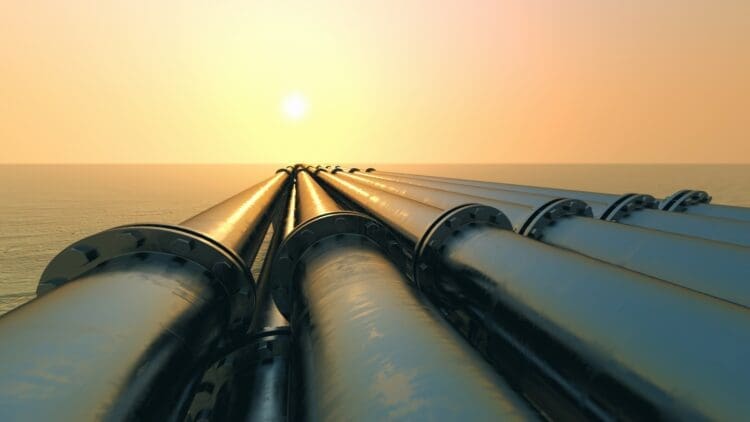Global investment firm KKR has acquired a minority stake in ADNOC, or the Abu Dhabi National Oil Company. The company is aiming to expand on its assets in the Gulf region following 16 years of operations. The Arab nations in the region have been implementing a new approach to the energy sector, welcoming foreign investment while keeping the majority share and therefore operational rights to several massive projects. The energy sector is currently in the midst of transitioning towards the renewable energy sector, while keeping the conventional fossil fuel sector alive for the next decade at the very least.
Several Gulf nations are fostering partnerships with foreign investors
The recent trend that has emerged in the oil-rich Gulf nations is one of fostering foreign investments that aid the region’s plans for the energy sector. In the latest deal, KKR has acquired a minority stake in the entity that leases the gas pipeline assets of the Abu Dhabi National Oil Co. (ADNOC). What that costs them is remaining a secret, as both parties refuse to disclose details on the asking price.
The move is just the latest of its kind that has been emerging from countries like the United Arab Emirates, Saudi Arabia, and Bahrain. All of which aim to bring in substantial foreign investment while maintaining a majority stake.
The deal also serves as a significant milestone in KKR’s plans for the region. The first major milestone came in 2019, when KKR invested in ADNOC’s oil pipeline network. That deal was significant in that it was the first for a foreign asset manager in Gulf energy infrastructure. As the deal has proven, global cooperation is required to drive the energy sector forward.
The deal exemplifies KKRs commitment to expanding its reach in the Gulf nations
KKR has been operating in the region for many years now, and through continued success, working with the relevant stakeholders, they are aiming to expand their reach in the region even more.
One person who might aid them in that regard is David Petraeus, partner at KKR and chairman of the KKR Global Institute and KKR Middle East. He also has the experience of being a former CIA Director, which could help his negotiating prowess. KKR has over $90 billion in infrastructure assets globally and is actively pursuing methods to expand its portfolio in the region further.
“This investment reflects KKR’s commitment to expand partnerships and investment across the Middle East. The region’s strong fundamentals, bold vision, and focused leadership offer increasingly attractive opportunities for global investors.” – David Petraeus, partner at KKR and chairman of the KKR Global Institute and KKR Middle East
Several nations have welcomed foreign assistance in upgrading infrastructure as well as significant investments. One would imagine that KKR has more plans to acquire a more substantial presence in the region. The deal also comes off the back of another milestone for KKR, as it recently acquired a stake in Dubai-based Gulf Data Hub. KKR now has offices in the UAE and Saudi Arabia.
Energy companies are falling over each other trying to get into the Middle East market
One can understand that the new approach to foreign investment that several Gulf nations are championing at the moment will have energy utilities licking their lips at the chance to enter the Gulf region’s market. As the nations of the world open their markets up to foreign investments, the world can take solace in the fact that the energy sector is fostering a cohesive and cooperative environment to do business in. KKR is a massive company and will surely benefit from the new deal it has signed with ADNOC.








